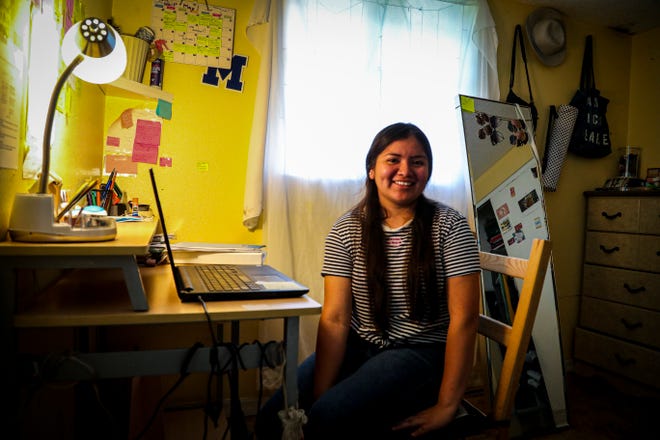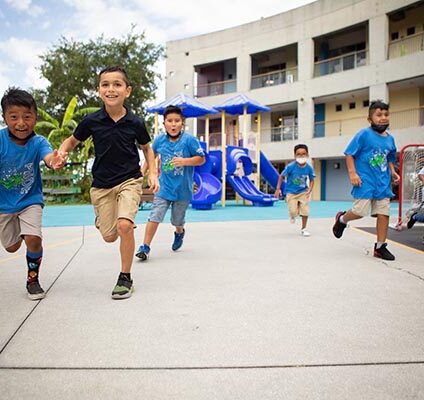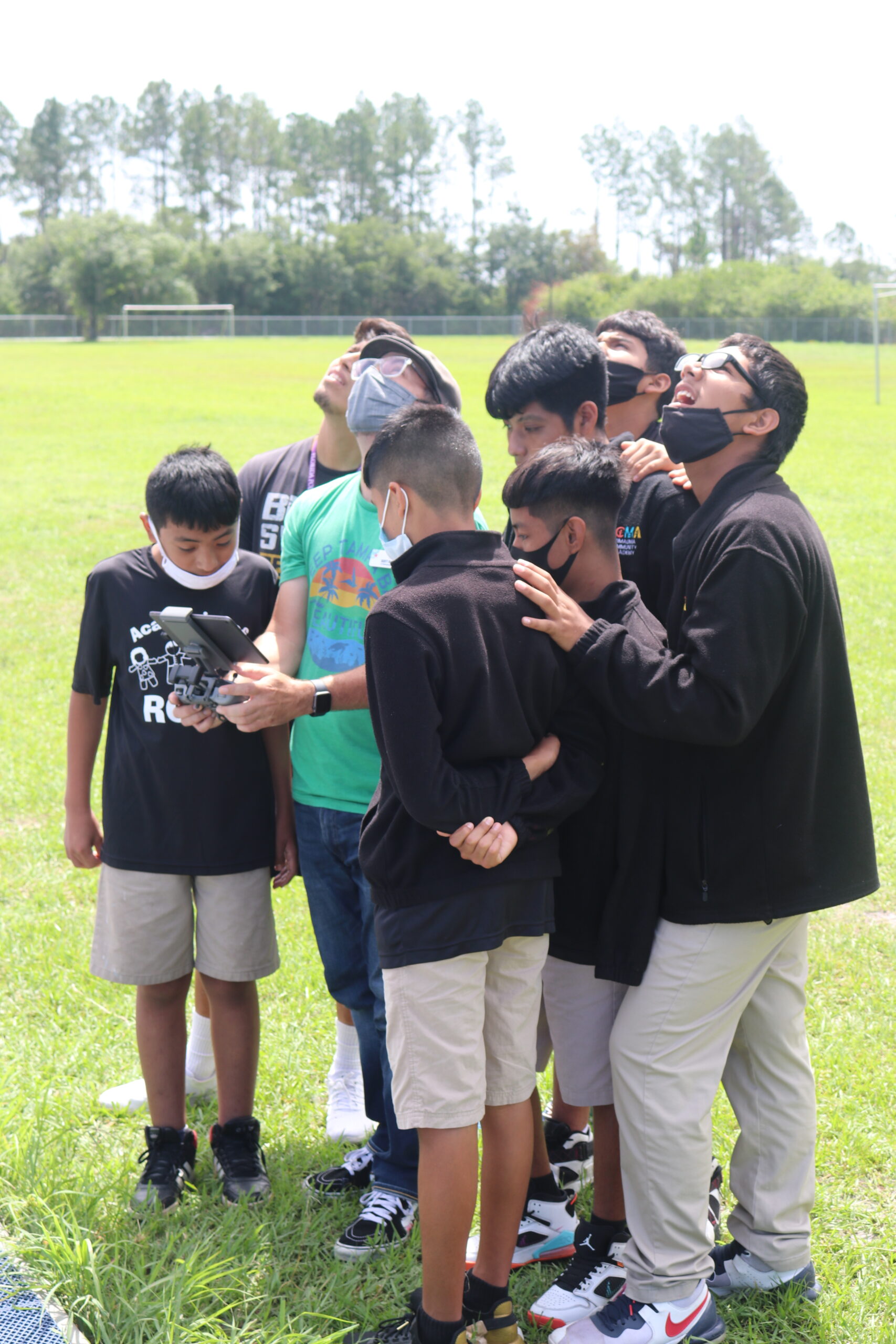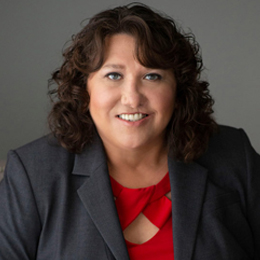During the pandemic, farmworker parents struggled with basic bills like rent and water. Many are still catching up. Migrant mothers stopped working to care for children. Students juggled virtual school with work, sometimes alongside their parents in fields. Some fell behind as they fought spotty internet connections.
But when migrant students did go back to the classroom, sometimes months after schools opened, parents often saw dramatic improvements, allaying some fears their children will be left behind.
The USA TODAY Network-Florida spoke with migrant students and parents across the state as part of a months-long effort to highlight the vulnerabilities Florida farmworkers and their children have faced during the pandemic.
Data analysis: ‘We had to work twice as hard’: How the pandemic magnified inequities for Florida’s migrant students
Luz Vazquez Hernandez, 18
She picked crops while taking AP classes. Now she’s off to college
Luz Vazquez Hernandez, 18, shares her experience balancing schoolwork and working in the fields during the pandemic. – Andrea Melendez, Naples Daily News
My parents are both farmworkers. Here in Florida, they pick strawberries, and later squash. Last year was our first time staying in Florida for the summer because of the pandemic. They didn’t want to risk it.
Luz Vazquez Hernandez talks about the papers she wrote for scholarships for college. Vazquez, 18, is the daughter of farmworkers who migrate between Florida and Michigan. Shortly after her 14th birthday, she began working in the fields with her parents. Last year during the pandemic, she picked crops during the day and did her homework at night. “I just made it work.” –ANDREA MELENDEZ/THE USA TODAY NETWORK-FLORIDA
Usually when we go up north, in Michigan, my parents, brother and I would go to pick blueberries. My birthday is in the summer. When I turned 14, that day, that morning, my mom took me to the office and we filled out the paperwork. They told us, “She can start tomorrow.” The next morning, I woke up with my brother, my dad, my mom. I was excited. But from there on, it was just repetitive.
Here in Florida, I do work weekends or days off with my parents. (Florida allows children to work in agriculture at age 14 outside of school hours.)
Calabaza, or squash, grows in a field around Dover in Hillsborough County, Florida, which is home to many migrant families. –ANDREA MELENDEZ/THE USA TODAY NETWORK-FLORIDA
Once school closed, I went with my mom while I did online learning. My mom needed transportation. Dropping her off, I felt bad, and it was a waste of gas if I went back and forth. I told my older brother, “I think Mom needs help. I’m going to start working with her.”
My mom would wake me up at 6, 6:30. She would make lunch, and I would start loading everything into the truck. It was the ending of strawberry season.
During work, sometimes my teacher might do a Zoom meeting and I would tell them, “Oh, I’m occupied” and would send my teacher a message. They told me as long as I turn in my stuff on time I would be good. I would always write anything I remembered during work in my notes in my phone.
I would typically get home around 4 to 5. Sometimes I would sleep and didn’t notice the time and it was like 7. I did schoolwork from around 8 to midnight or until I was done. I was taking three AP classes. I managed to turn everything in on time and still wake up early. It was quite tiring.
That lasted until June. My dad had started going into roofing. I knew my dad wouldn’t make enough if he worked by himself, so I started going. My mom was afraid of heights, so I didn’t want to risk her going up there. That was the first year I did roofing, pulling off shingles. It was really intense. The heat was just not the same as out in the fields. I lasted longer sometimes than my dad.
We used to live nearby in Dover, Florida, us and another family in a trailer. It was just one room we all shared. Me and my older brother shared a twin bed. The younger ones would sleep with my parents, so four in a bed. I was always against the wall, like really squished. Once my older brother got really older, he started sleeping on the couch.
Luz Vazquez Hernandez, 18, pulls out the shirt she wore for roofing last summer. She helped her family by working during the pandemic while also attending school. ANDREA MELENDEZ/THE USA TODAY NETWORK-FLORIDA
My brother helped my parents buy our first home. He saved up and contributed. So when we moved here, my mom tells my younger ones, “You should be grateful for them right now that you have your own bed, your own room.”
Me and my older brother, we just hope that my younger ones don’t have to go out there and do the same things that we have to do. Sometimes we have taken them. My parents see it as a life lesson, just to see what they’re doing and how money is earned. To see the pain and work.
Luz Vazquez Hernandez in her room in Mulberry, Florida. This is where she spent most of her time working on homework during the pandemic. She was taking three AP classes during virtual school, which she balanced with working during the school day in the fields. This year she graduated with a 3.9 GPA -ANDREA MELENDEZ/THE USA TODAY NETWORK-FLORIDA
Coming from a migrant culture, we know what hard work is. Many people do not. I’ve been told I’m a hard worker, and I do believe that too.
I was accepted to Michigan State University. My brother will be a senior there. He hopes to get a good job and give back to my parents. He’s been getting internships, and I hope I get that too, so I can have an indoor job.
I do feel like I missed out on things, but I know for many other older children in the migrant culture, it’s a normal thing that they have to go to work. Sometimes my brother and I, we’d go through social media: “Oh look, our friends are at the beach or having parties” and we’re just like working all day, but we just kind of laugh about it.
Everyone in my family is really close, so we do have moments in the field, we tell each other, “Right now, we could be in a pool or something.” We just tell each other, “One day, we’ll become something in life.”
Luz Vazquez Hernandez, 18, graduated from Mulberry Senior High in May. Her family typically migrates to Michigan to pick blueberries.
Matilde Angeles, 51
‘What if I return home sick?’: Naples migrant worker, mom reflects on pandemic
Matilde Angeles, who follows tomato crops in the summer, talks about what is like for her and family during the pandemic. -ANDREA MELENDEZ, NAPLES DAILY NEWS
Virtual school was very hard for me. I’m not very familiar with technology or the computer. How could I teach my son if I didn’t know what to do myself?
But in virtual school, my son had more time. He spent more time with his books. In spite of being left alone all day — because everyone else in the house leaves to go to work — he focused on studying. He wants to get good grades so in the future he can receive scholarships.
(His grades rose from a B to an A average during virtual school.)
Matilde Angeles, 51, a Naples resident and mother to a 16-year-old son. She migrates during the summers for tomato work.
Jesus Hernandez, 44
‘It was difficult for me.’ Florida farmworker uses app to translate homework for daughters during the pandemic
Jesus Hernandez, a migrant worker in Plant City, Florida, struggled to help his daughters with their English-only work during virtual school. -ANDREA MELENDEZ, NAPLES DAILY NEWS
When this started, we didn’t have enough work. There weren’t buyers for the harvest we were working, picking squash. We didn’t have enough money for rent, food, the electricity. It varies, but typically my wife and I, we can each earn about $400 a week.
What worries me the most now is that my 7-year-old daughters are a little behind in school. The teacher says they’re doing fine in math and other subjects, but they can’t read.
Because I can’t speak or read English, I couldn’t teach them that when school closed.
Jesus Hernandez and his wife, Julia, both farmworkers in the Plant City area, with their daughters Zaira, 4, Yaretzi, 7, Yareli, 7, and Yulisa, 5. Right, Yulisa and Zaira Hernandez in preschool at Redlands Christian Migrant Association center in Dover, Florida. The organization provides bilingual education. At the preschool, teachers use English and Spanish to bolster language skills. The girls now speak English too.ANDREA MELENDEZ/THE NEWS-PRESS/USA TODAY,FLORIDA NETWORK
Sometimes I think, I’ve lived here 19 years and I’ve always worked only with Hispanic people. With my coworkers, we always speak Spanish. Because of that, I didn’t think it was very important for me to speak English until this happened.
During the struggles with homework, I thought, why didn’t I study English? If I had studied a little English, maybe I could have taught them more words. And now I feel guilty, that it’s my fault that because I didn’t get help to learn English, that it’s my fault they’re behind.
Jesus Hernandez, 44, Plant City, father of four daughters, 7-year-old twins and 4- and 5-year-old preschoolers. The family migrates to Ohio for the summers.
Brandon Garcia, 13
‘It’s been tough’: Florida migrant student struggled to connect during virtual school
Plant City migrant Brandon Garcia, 13, was looking forward to summer and moving forward after the pandemic hit his family hard. -ANDREA MELENDEZ, NAPLES DAILY NEWS
Brandon Garcia, 13, found virtual school to be tough. His grades slipped and some days he climbed an apple tree to connect to school because the internet connection was better. –ANDREA MELENDEZ/THE USA TODAY NETWORK-FLORIDA
Virtual school was very tough. The Wi-Fi went in and out, in and out. I tried logging in, and the password wouldn’t work. I was kind of late to the classes because of the internet connection. I tried my best, but it didn’t go really well. I had a tablet. That was also very challenging. Sometimes you need like, an actual computer. It wasn’t programmed by the school to have all the things you need.
I’m doing better face to face. My grades have gone up. I have some C’s and B’s. I’ve made more friends. Not just that, I’m trying to be more of a better person, trying to be more focused on school. I get easily distracted talking to other kids. I try not to, but their topics are so interesting.
Brandon Garcia, 13, Plant City. His family migrates to Michigan for the summer.
Claudia Landeros, 32
My husband and I both pick cherry tomatoes. I had to stop working to devote my time to the girls and to try to help them with their schoolwork.
In the beginning, the girls liked the virtual school because they didn’t have to go to school, but when we started this school year, it was completely different. They didn’t like it and their grades dropped, for both of them, but more for my daughter in third grade. She had been on honor roll and her grades dropped to F’s and D’s.
The daughters of Florida City migrant worker Claudia Landeros once they returned to their Miami-Dade school during the pandemic. Courtesy of Miami-Dade County Public Schools. –MIAMI-DADE PUBLIC SCHOOLS MIGRANT PROGRAM
Since about March, the girls returned to school, face to face. With every precaution I could take and with the fear of the world on my shoulders, I sent them because they needed to go. I didn’t want them to get left behind.
I told them, “I don’t care if other kids look at you like you’re crazy, clean everything that you’re going to touch.” The worry will be there until this virus goes away.
Their grades have gone up significantly.
This year, they’re doing testing, and the stress of testing doesn’t seem fair to me given the stress of everything that’s happened.
They ask me, “Mami, what if I don’t do well?” I tell them, “Try your best. If you fail or you don’t fail, we’ll focus on next year and keep moving forward.”
Claudia Landeros, 32, Florida City, mother of four daughters: 11, 8 and 4-year-old twins. The family typically migrates to South Carolina for summer work.
Janine Zeitlin is an enterprise reporter in Southwest Florida. She reported this story while participating in the USC Annenberg Center for Health Journalism’s 2020 Data Fellowship. Connect with her on Twitter @JanineZeitlin or at jzeitlin@gannett.com.





